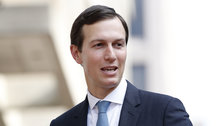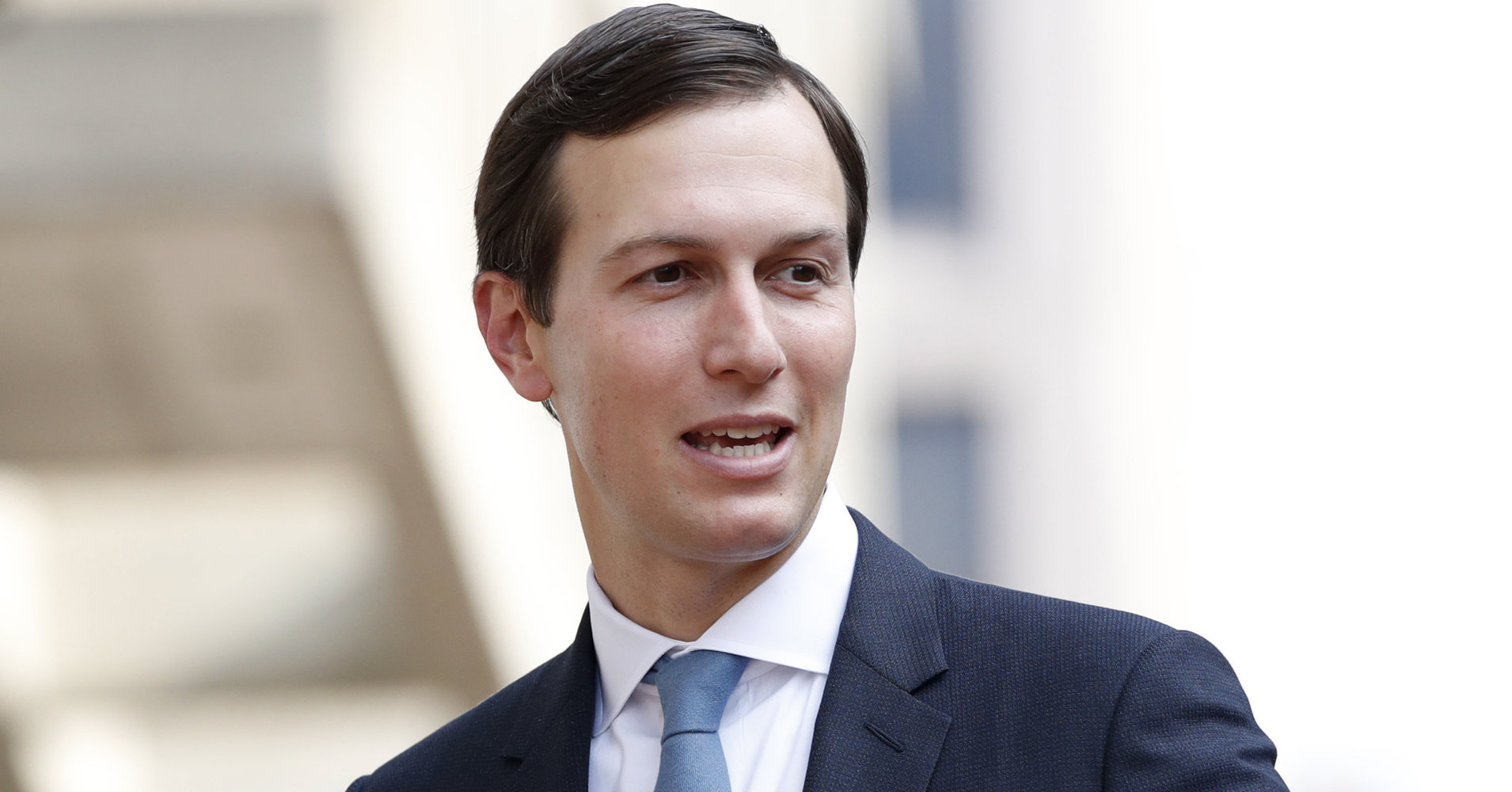[ad_1]

Jared Kushner, President Donald Trump’s son-in-law, made a rare television appearance on Fox News this week, where he spoke about the need to reform a criminal justice system that he characterized as “the best in the world.”
The problem with that statement is, of course, that the U.S. criminal justice system is not the best in the world. Not even close to it, really. Yet on Wednesday, two days after Kushner’s interview aired, the GOP moved to revive the claim in a tweet.
Let’s take a look at a few of the ways Kushner is off the mark.
Criminal justice can be a difficult thing to measure objectively, but experts on the topic have developed a method. According to a 2018 report by the World Justice Project, a nonprofit organization focused on the rule of law around the world, the United States ranked 20th on the quality of its criminal justice. It was behind nations like Finland, Germany, Singapore and Australia. Coming in at 18th on the World Justice Project list, the United Arab Emirates was also determined to have a better system of criminal justice than the U.S.
The World Justice Project assesses criminal justice on a variety of metrics, including the timeliness and effectiveness of criminal adjudication, how effective corrections departments are at reducing criminal behavior, and bias and corruption among judges and police. The U.S. has historically lagged in all of those areas, earning it a reputation as having a below-average criminal justice system among high-income nations.
Kushner’s comments come as he nears a potential victory on a congressional criminal justice reform effort. The topic has been an area of interest for Kushner, whose father, Charles Kushner, served time in federal prison after being convicted of illegal campaign contributions, tax evasion and witness tampering. The bipartisan First Step Act passed a vote in the U.S. House earlier this year, and at the president’s urging, the Senate is expected to consider it in the coming weeks.
The package would implement relatively modest changes to the U.S. criminal justice system. It would grant judges more discretion to hand down less stringent penalties for nonviolent offenders and increase options for home confinement of lower-level offenders. The bill would also make it easier for inmates to request a review of cases involving massive sentencing disparities between crack and powder cocaine. In 2010, Congress passed a law reducing the gap in penalties somewhat, but it did not apply to those convicted before the new guidelines went into effect.
If the U.S. truly already had the best criminal justice system in the world, those tweaks might be enough. But skeptics have expressed concerns that the First Step Act will do very little to address the massive inequities that pervade the nation’s courtrooms, prisons and police departments.
Take, for example, the high-profile issue of mass incarceration. Incarceration rates have fallen in recent years, and in 2016 they reached a two-decade low. Despite that trend, about 2.2 million people were still behind bars across the nation, enough for the U.S. to maintain its title as the world’s leading jailer.
To truly begin addressing the injustices embedded in the American legal system, critics say it’s going to take a much more ambitious effort. Perhaps it would be better off if the individual steering it truly understood the scope of the problem.
“The criminal justice system is more broken today than it has been in recent years,” wrote Roy L. Austin, Jr., a former deputy assistant attorney general in the Department of Justice, in a recent HuffPost op-ed urging lawmakers not to support the First Step Act.
“I say this not because I prefer the perfect to the good but because the First Step Act is not good, and there is no realistic second step that comes after.”
[ad_2]
Source link

